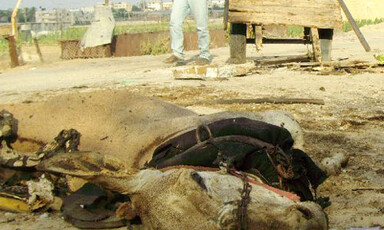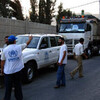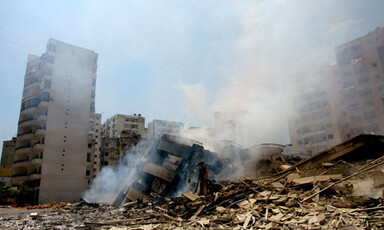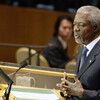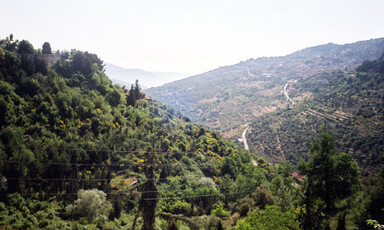
Lebanon's Phoenix Rising
Beirut 25 July 2006
I am not writing this article to condemn the atrocious Israeli war on Lebanon that started on that abyssal day of July 12, 2006, nor to debate who is mainly responsible for it. I am writing to give hope - the hope that every Lebanese citizen needs right now. Hope for every family who has lost a child, a mother or a father. Hope for every family whose house was destroyed. Hope for every Lebanese student who thinks he has no future in his country anymore. Hope for every investor who withdrew his business from this country. In Majida el Roumi’s song to Beirut, she sings, “Beirut, lady of the world, get up from under the ruins like a pine flower in April.” Read more about Lebanon's Phoenix Rising

